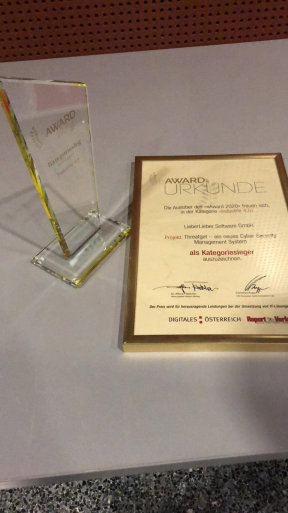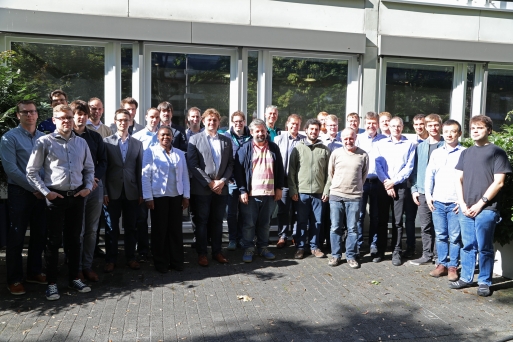
IoT devices account for a €40 billion market and are essential for important European industries such as automotive and manufacturing. Within the ITEA project COMPACT, partners from Austria, Finland and Germany managed to develop and prototype advanced model-based methods to generate embedded software automatically, especially the lower levels of firmware. COMPACT demonstrated that these methods enable a quantum leap in productivity increase.

SSCE is proud that our partner LieberLieber Software picked up the ideas from Cyber Security Modeling invented in COMPACT to build a solution based on our product Enterprise Architect and the invention for the Automotive Industry together with the cyber security expertise from AIT (Austrian Institute of Technology) to implement more than 1.400 rules for automation. This resulted product won a very famous Austrian Award the eAward 2020.
March 14-15, 2019 in Vienna, Austria
ITEA is a transnational and industry-driven R&D&I programme in the domain of software innovation.
The community of software engineers from the large industry, SMEs, start-ups, academia and customer organisations collaborate in projects that turn innovative ideas into new businesses, jobs, economic growth and benefits for society. The projects are funded by national funding organizations from more than 20 countries.
On October 4 and 5, 2018 a two day workshop took place at FZI in Karlruhe.

Several COMPACT partners attended the ITEA event - as part of the EUREKA Innovation Days - in Helsinki to present the COMPACT project. The ITEA event took place from May 22 to 24, 2018.
Thanks to our sponsor SparxSystems.

The picture shows project coordinator Prof. Dr. Wolfgang Ecker, Infineon Technologies AG, DE and Esko Pekkarinen, Tampere University of Technology, FI at the COMPACT booth.
Das Internet der Dinge (Internet-of-Things – IoT) bildet die Grundlage für zukünftige intelligente vernetzte Innovationen im privaten und industriellen Bereich, die auch Teil der deutschen Industrie 4.0-Strategie sind. Das Internet der Dinge besteht hierbei aus einer Menge von vernetzten IoT-Knoten mit Sensoren und Aktoren, die auf einer Vielzahl von elektronischen Komponenten mit zum Teil extrem geringem Energieverbrauch basieren.